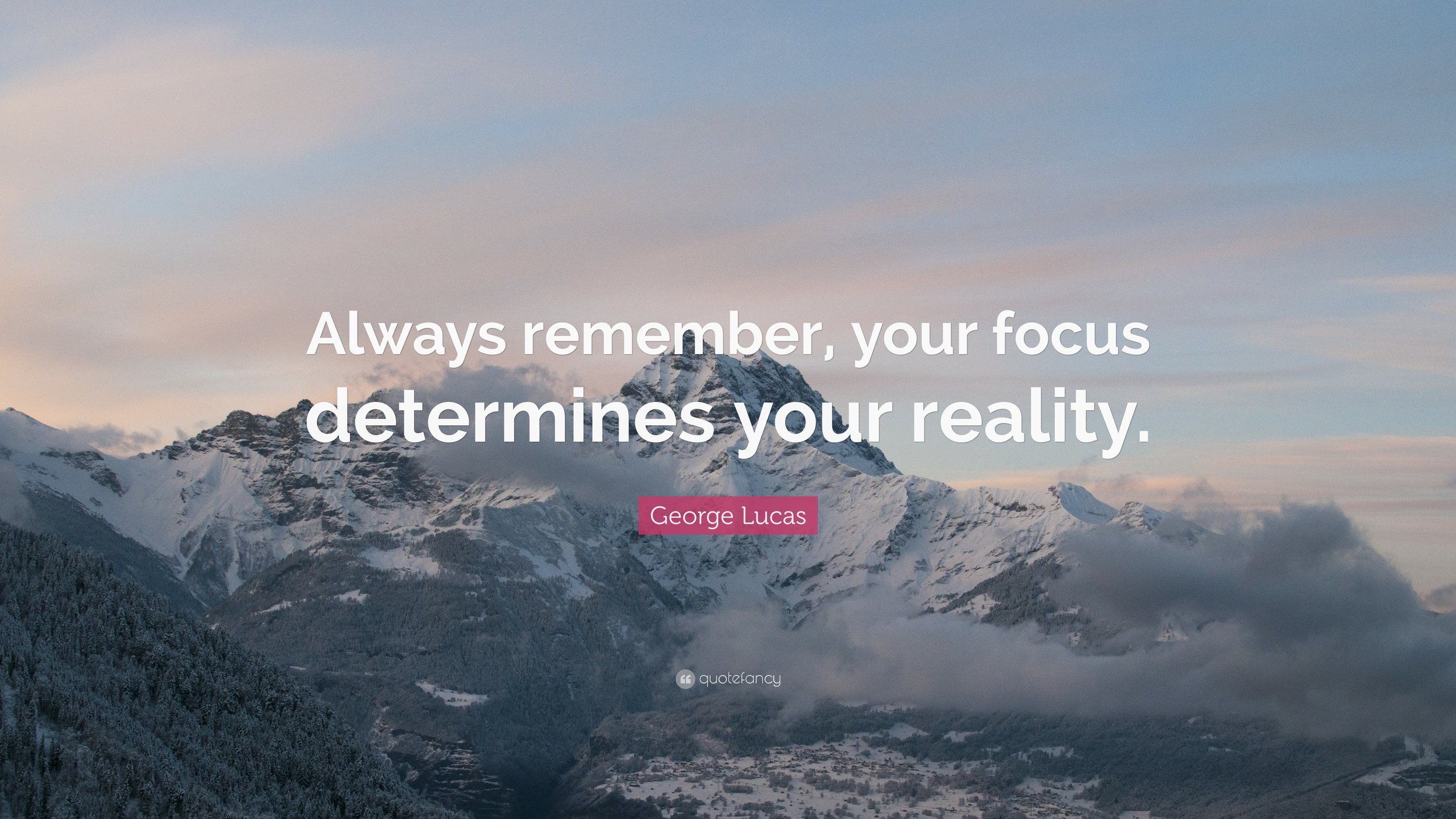
Distraction - An Excellent Coping Skill
Sometimes, what we need a break from is our own thoughts or feelings. When our emotions feel overwhelming, they can also be harmful to our self-esteem, or, in more severe cases, to our physical or emotional safety. Positive distraction has a place in mental health, and, when used with other ways of coping, can be very healthy.

Time Outdoors and Your Mental Health
A study of 20,000 people in 2019 found that those who spent at lease 2 hours total per week outside in green spaces reported feeling healthy and a strong sense of well-being, across ethnicity, class, age, and abilities. Looking at nature or listening to natural sounds can help energize a tired brain in the middle of repetitive tasks.

A Study in FOMO
The fear of missing out has predated social media, but not by much. Social media has thrown FOMO into the spotlight since everyone can experience a daily dose of seeing the highlights of someone else’s day. In fact, the more that people use social media like Facebook morning, noon, and night, the more they tend to experience FOMO. But FOMO doesn’t originate from social media use alone. It also comes from general unhappiness and life dissatisfaction.

“Can You Just Tell Me What To Do?”
Therapists can at times be viewed through an “all-knowing” lens, but the reality is that we very rarely have “the answer”. Your therapist cannot “just tell you what to do” because answering that question for you takes away an opportunity for growth and self-determination.
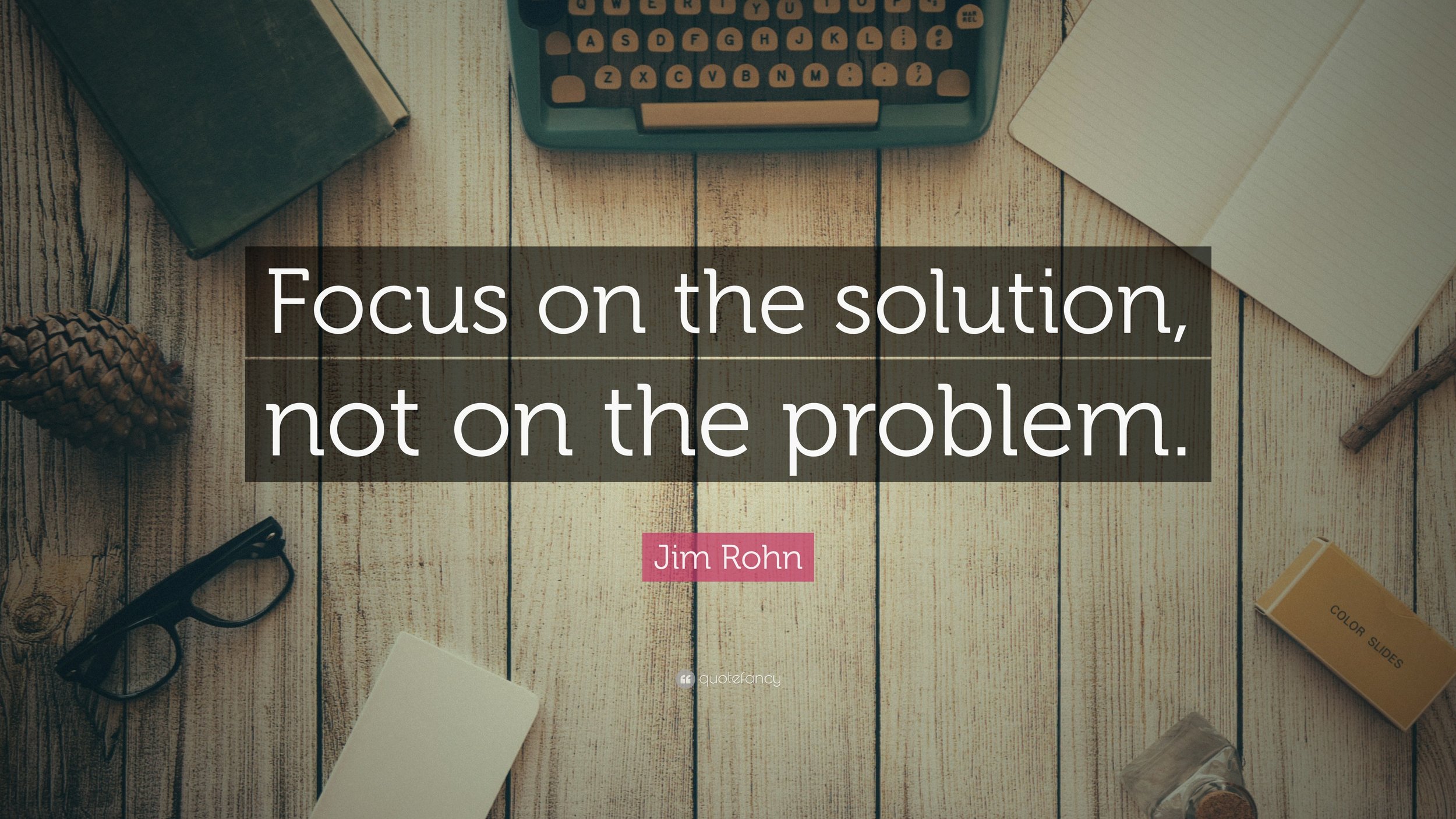
Building a Coping Kit
A coping kit is simply a list of skills and strategies a child can use when feeling anxious. It helps to practice these strategies when the child is already calm. Sometimes children can memorize their list of strategies but others may need to have them written down.

Hidden in Plain Sight: Understanding Autism’s Unique Impact on Exceptional Women
Autism not being considered as a diagnosis in childhood will have a negative impact on the child, and the consequences will continue into adulthood. Self-diagnosis is more accepted today, though it is not a replacement for a formal diagnosis, especially if accommodations are needed for work or school. Many self-diagnosed adults are choosing not to get a formal diagnosis for many reasons.

Anxiety - 5 Lesser Known Ways It Might be Affecting You
Anxiousness is part of the normal and healthy range of human emotion, and having a fear response is designed to keep us safe. It becomes a problem when it starts to affect your daily life, such as your health, relationships, work, or school.

The Lowdown on Loneliness: Who it impacts, how to cope, and ways to build connections.
You may find that you feel lonely even when in a group of people, around family or friends, or in a familiar social environment. This may mean that – for one reason or another – you don’t feel as connected to those you are around as you would like to, you don’t feel a true sense of belonging in a certain social environment, or you may feel misunderstood by the people you are with.
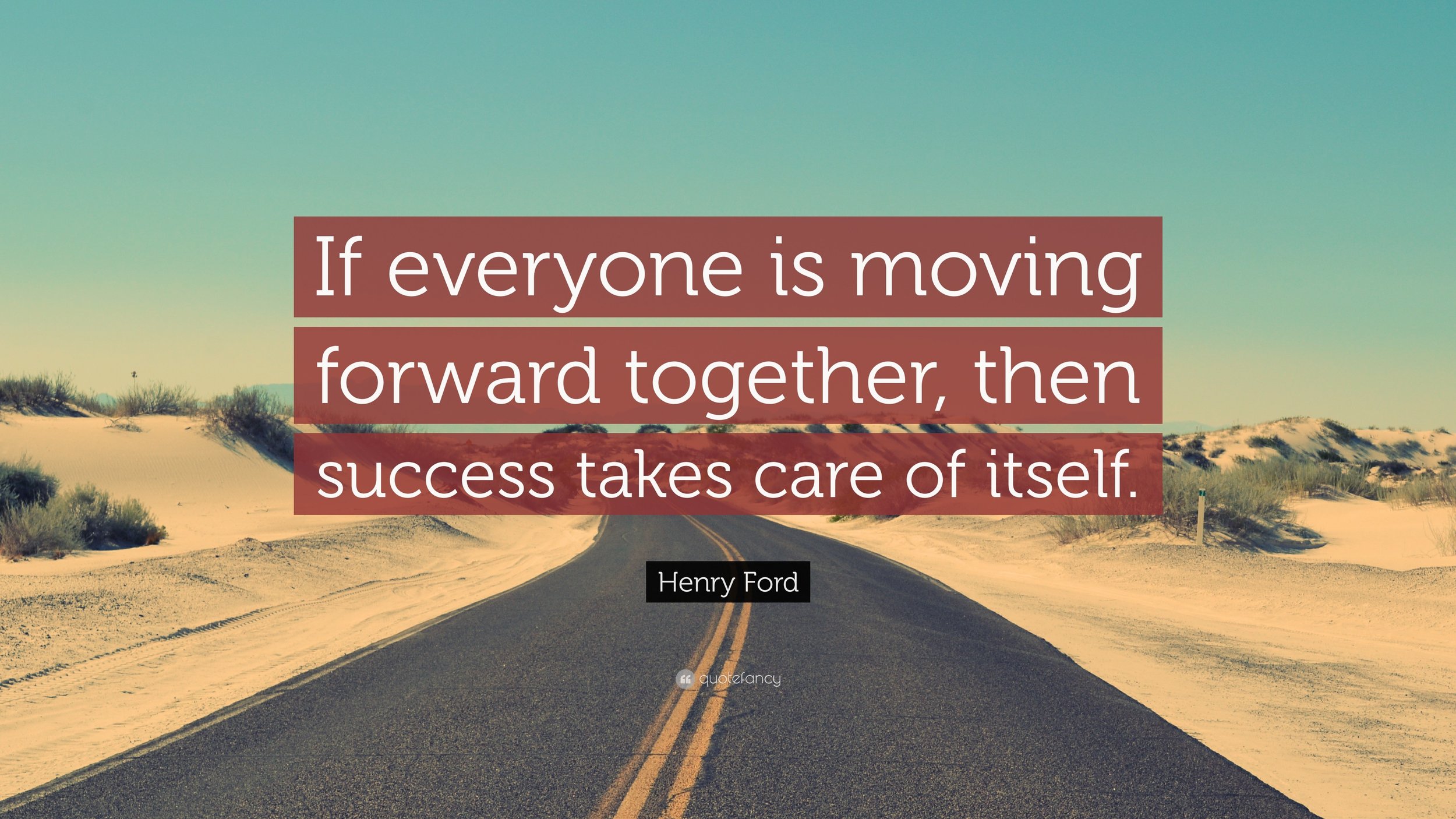
Teamwork in Mental Health: The Key to Better Care
Collaborative care is more than sharing views; it’s about improving the treatment process by including several different diverse insights and expertise. It’s a team and collective effort where, for example, a therapist’s understanding can broaden a psychiatrist’s view and vice versa.

Adults, Social Media, and Mental Health
While social media is not all good or all bad, fostering genuine connection and knowing the potentially adverse effects of using it can help to limit the damage that it can do.

This is Your Brain (Walking) on Sunlight
To benefit from sunlight, the World Health Organization recommends getting brief, direct sun exposure for 5-15 minutes a couple times per week. This will help you receive a vitamin D boost and regulate serotonin levels.
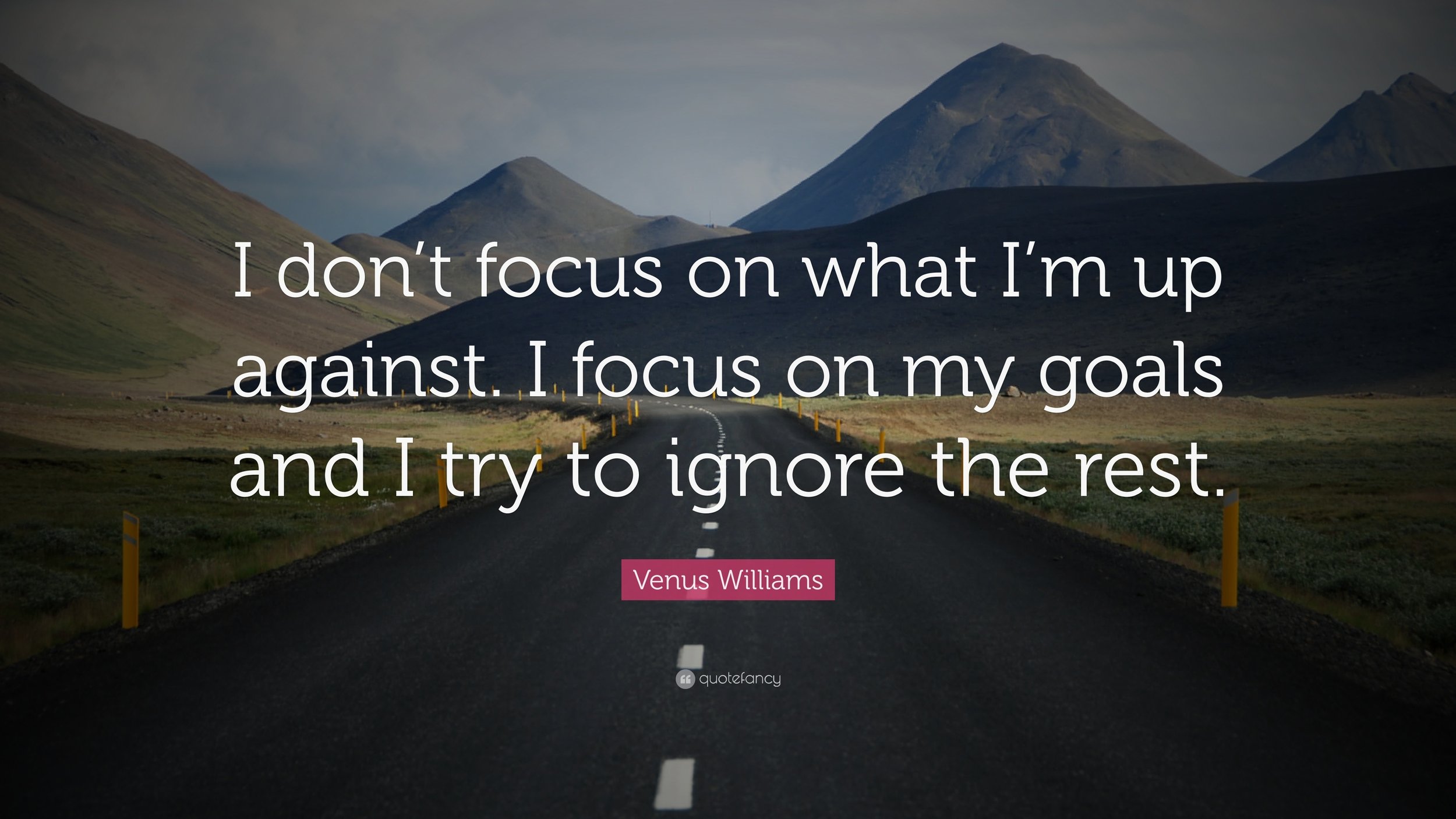
Misophonia: When Sounds Are Too Much
Chances are, a lot of people that you know are struggling with Misophonia. Once you start talking about it, you may notice more people coming forward to say they struggle with it as well. While asking someone to tolerate a minor annoyance is reasonable, this is more than that. Have patience with yourself, and talk about it!

The Power of Grit
Grit is your stick-to-itness. It is your ability to persist when things get tough because that thing matters to you. It’s about finding something you are passionate about and staying with it no matter what.
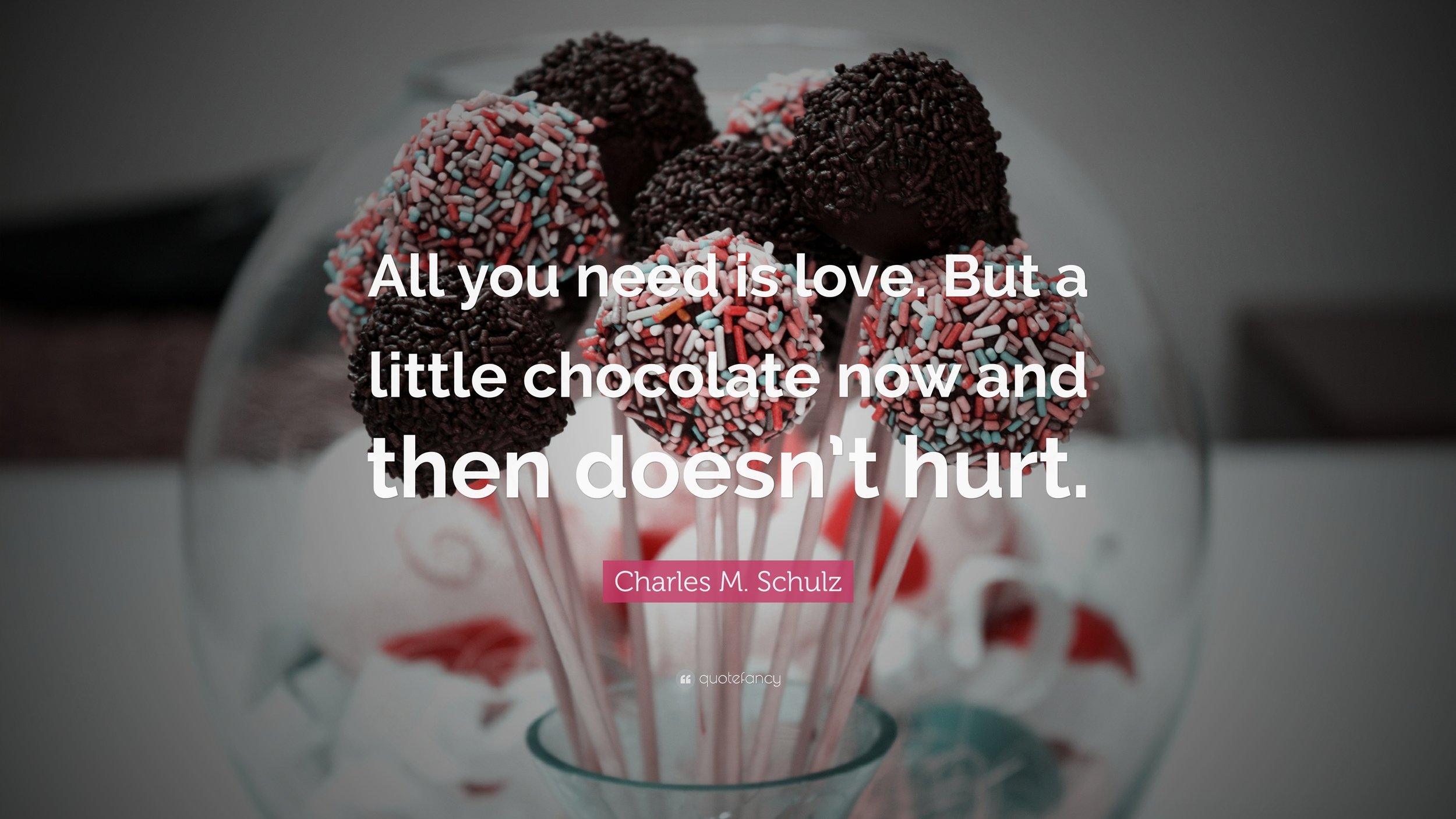
Food and Mood: The Connection Between Your Diet and Emotional Well-being
The link between food and mood is closely related. One way in which food influences your mood is through its impact on neurotransmitters in the brain. Neurotransmitters are chemicals responsible for regulating mood, sleep, and various essential bodily functions. Imbalances in neurotransmitter levels can result in a spectrum of mental health conditions, including depression and anxiety.

We Talked About Freeze… Now Let’s Talk About Fawn
The fawn response can be summed up, for the most part, with people pleasing. When fight, flight and freeze responses won’t keep us safe, we try to keep the threat happy or make ourselves likeable. We often learn this response in relationships as children, trying to keep an adult or peers satisfied with us so they won’t belittle us, hurt us or brush off our feelings.

Is Therapy Right For You?
Anyone can benefit from therapy if they want to work on themselves. Therapy allows for a safe space to talk about feelings and experiences, and learn new ways to cope with stressful things in life. Recently, going to therapy seems to be something everyone is doing. In spite of this, there is still a stigma associated with getting any kind of treatment for mental health. So how do you know if therapy is the right move for you?

Embrace the Healing Power of Laughter
Laughter is not only a pleasant experience; it is also a good way to improve your emotional well-being. Let’s start your journey to discover how laughter can be a new way for you to improve your mental health and identify easy ways to incorporate more laughter into your life.

School Refusal
School refusal is different from truancy. Children who are truant refuse to go to school because they want to do something else. They will often concoct elaborate schemes to avoid going to school. However, school refusal is related to anxiety about situations or expectations at school.

The Impact of Childhood Trauma on Adulthood
Trauma is an emotional reaction to a significant event that can happen once with intensity, a series of significant events that may have varied intensity and be ongoing, or a combination of both. Trauma affects our interconnected systems physically, emotionally, socially, and intellectually.

First Responders Need Support Too
We often look at physical health and mental health as different, but they are not. If you break your arm, you go to the doctor and eventually heal. If you suffer from PTSD, depression, anxiety, or any other mental health issue, you may suffer in silence, have feelings of shame or guilt, and not seek help due to fear and/or the stigma.
